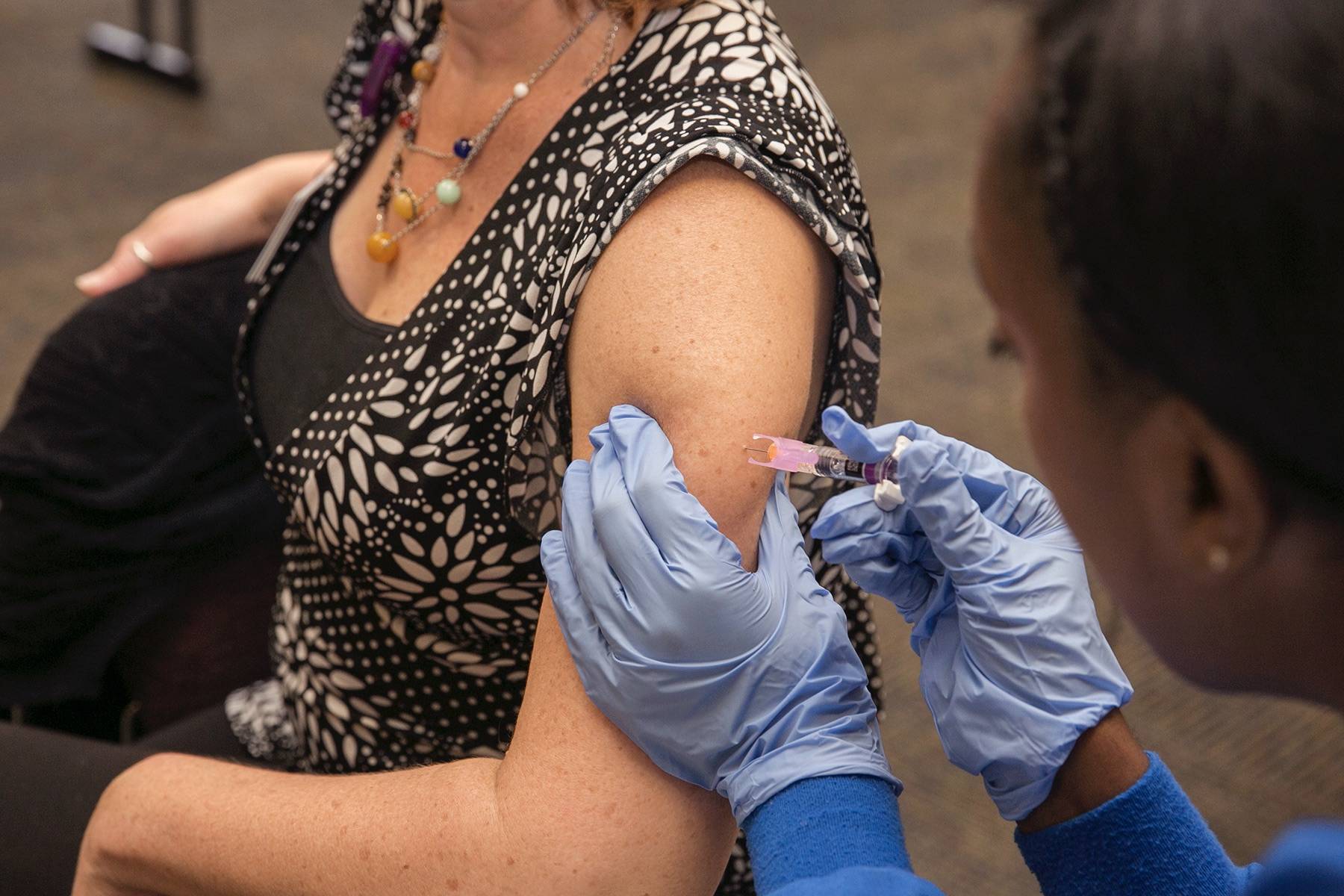By MultiCare Health System
Flu activity in Washington is now elevated, according to the Washington Department of Health. It’s not too late to take precautions. But if you do end up with the flu, there are more options than ever for getting fast, affordable care.
“Some people seek care for the flu at hospital emergency rooms, which is generally not the most efficient or affordable,” said Mark Mariani, MD, a physician executive with MultiCare’s Retail Health division. “Most people can be treated quickly through their primary care doctors, urgent care clinics, online virtual visits or our house call service.”
Protect against the flu
The best protections are frequent handwashing and getting a flu shot. The flu vaccine can reduce the risk of flu by about 50–60 percent. There’s still time. The flu shot is effective as long as flu viruses are circulating.
Everyone older than 6 months old should get the flu shot, according to the Centers for Disease Control (CDC), particularly those at higher risk:
• Children younger than 5 but especially younger than 2
• Adults 65 and older
• Pregnant women
• Residents of nursing homes and other long-term care facilities
• Native Americans
• People with certain medical conditions (see cdc.gov/flu/highrisk for more info)
Where to get flu shots
MultiCare offers flu shots for adults and children at many locations throughout the Puget Sound region. Make an appointment with your primary care provider, pediatric provider or visit one of MultiCare’s walk-in clinics:
• MultiCare Immunization Clinic at South Hill Mall
• Mary Bridge Mobile Immunization Clinic (for children 18 and under)
• Immediate Clinics (vaccines are for patients 9 years and older)
• MultiCare Indigo Urgent Care clinics (vaccines are for patients 19 and older)
If you get a flu shot at a retail pharmacy, make sure to let your primary care doctor know so it can be added that to your medical record.
Additional protections against flu
• Avoid crowded places and close contact with people who are sick.
• Cover your nose and mouth when you cough or sneeze.
• Avoid touching your eyes and nose, as this is how flu viruses spread.
Flu symptoms
Typically, flu symptoms develop quickly and can include:
• High fever
• Headache
• Muscle aches
• Chills
• Cough
• Sore throat
• Fatigue
• Runny or stuffy nose
• Nausea or vomiting
If you get the flu, take steps to feel better.
• Stay home and rest.
• Drink plenty of fluids.
• Treat fever and cough with over-the-counter medications for comfort.
• Avoid close contact with family members so you don’t pass on the illness.
If symptoms don’t improve, seek care.
Seek care promptly if:
• You have a cough, fever or other flu symptoms that don’t improve.
• You are pregnant, over age 65 or otherwise at high risk of flu-related complications.
More serious signs of a significant flu infection include difficulty breathing, inability to drink enough fluids and irritability in children. Patients with any of these symptoms should seek treatment immediately.
MultiCare Health System is a not-for-profit health care organization with more than 18,000 employees, providers and volunteers.


